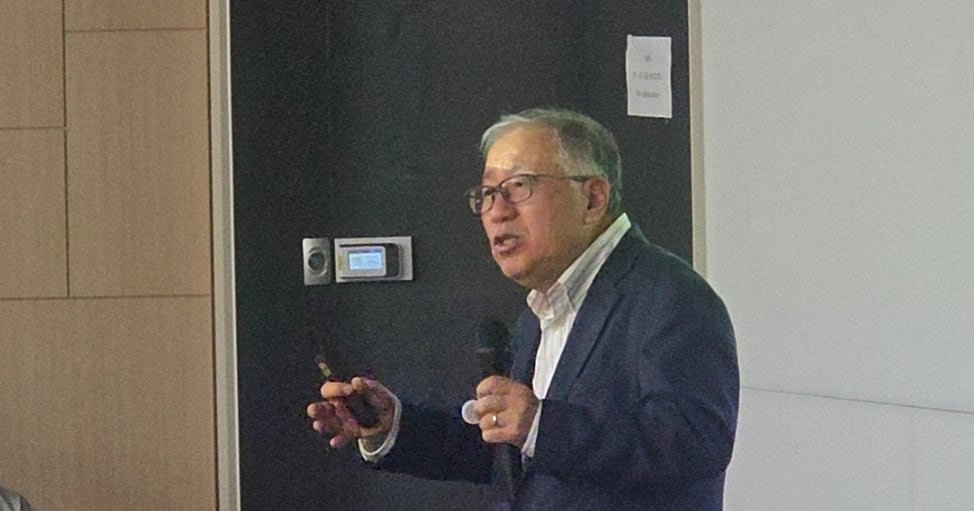AI Revolution: Tech Leader Hwang Seung-jin Calls for Radical Transformation of Korea's Digital Landscape

In a compelling call to action, Stanford emeritus professor Hwang Seung-jin is pushing for a transformative approach to artificial intelligence in Korea. Emphasizing the critical need for systemic change, Hwang advocates for comprehensive reforms in the AI ecosystem that will position South Korea competitively in the global technological landscape.
At the heart of his message is a dual-pronged strategy focusing on building consensus and revolutionizing educational frameworks. With China emerging as a formidable rival in AI development, Hwang underscores the urgency of creating an adaptive and innovative environment that can nurture technological advancement.
The professor highlights the importance of collaborative efforts across academic, industrial, and governmental sectors to create a robust AI infrastructure. By fostering a culture of innovation and providing strategic educational pathways, Korea can potentially leapfrog current technological barriers and establish itself as a significant player in the AI revolution.
Hwang's vision extends beyond mere technological competition, suggesting that meaningful AI transformation requires a holistic approach that integrates cutting-edge research, forward-thinking policy, and a commitment to developing world-class talent in the field.








